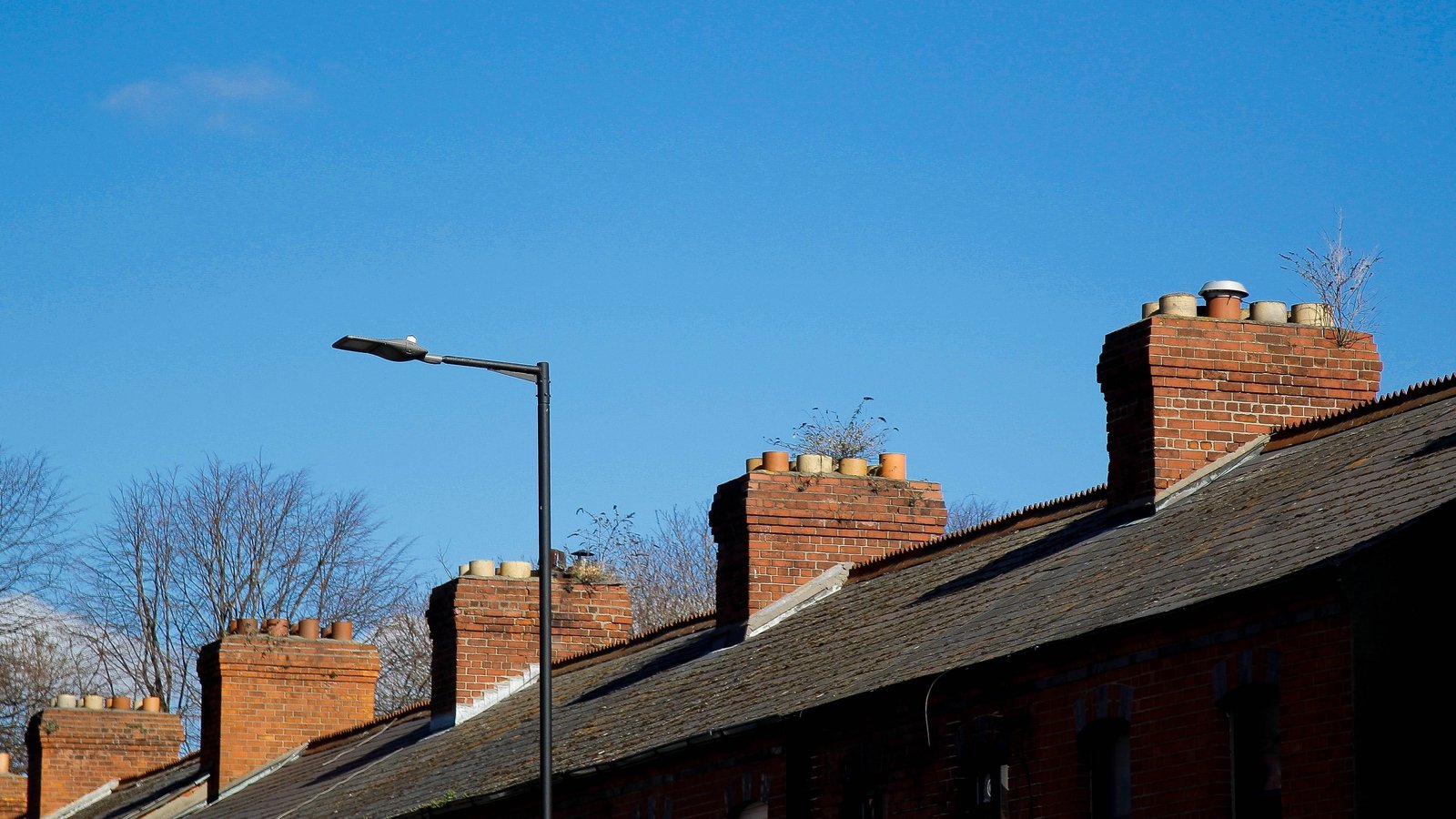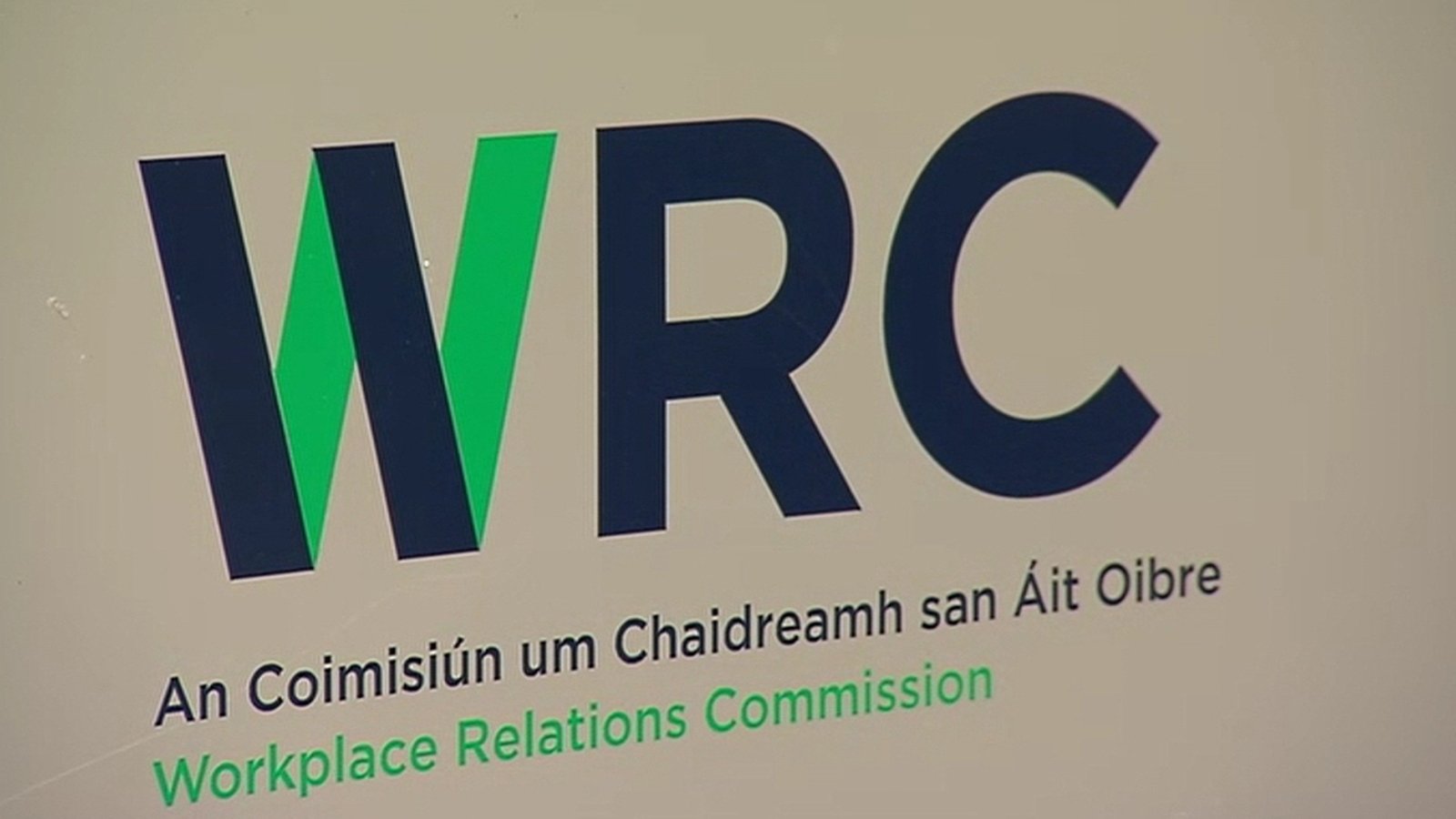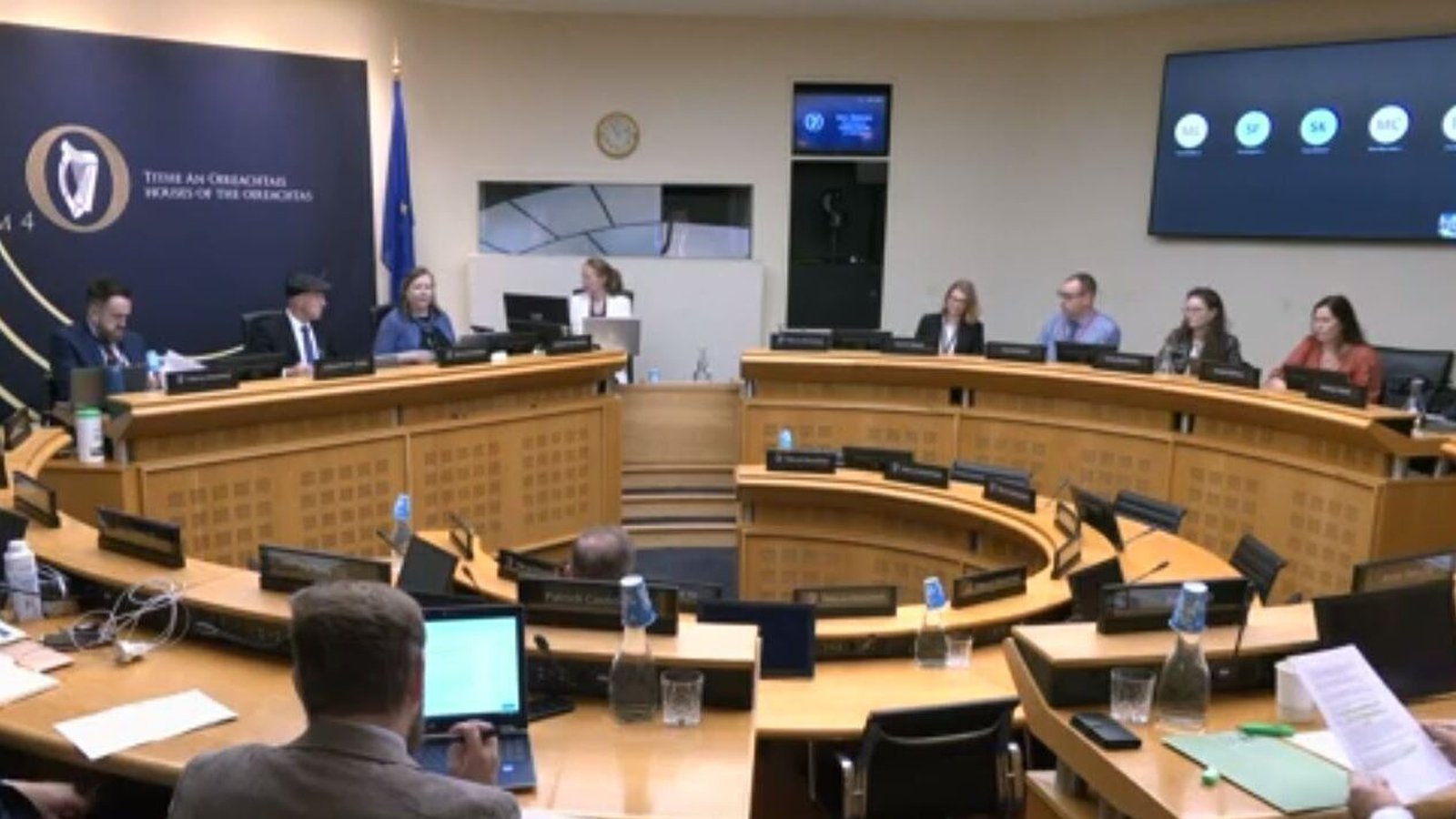Housing the biggest challenge facing young people


The most pressing concerns for young people in Ireland are housing and the cost of living, according to new research from the National Youth Council of Ireland (NYCI) and Ipsos.
The study looked at the challenges facing 18 to 29-year-olds, including accommodation difficulties, financial strain and low mental well-being.
It shows that nearly half of young people are dissatisfied with their current housing situation and more than half of those with rental or mortgage payments have seen costs rise in the past year.
According to the research, more than one in five have skipped meals due to financial constraints and half of 18 to 29-year-olds have low mental well-being.
Women reported worse mental and financial wellbeing, lower satisfaction with pay and conditions, were coping worse with the cost of living and are more likely to feel they are worse off than their parents’ generation.
The NYCI report is recommending a wide range of actions including tackling housing and accommodation issues via short-term measures like rent caps, and long-term solutions such as increasing social and affordable housing supply.
‘Alarming’ report findings – NYCI
The council is calling for sub-minimum wage rates to be abolished for under 20s and is recommending the introduction of strategies focused on young women’s needs as well as reducing the gender pay gap.
It also seeking measures to alleviate cost-of-living pressures by reducing education fees and enhancing rural public transport.
Paul Gordon, NYCI Director of Policy and Advocacy, described the report’s findings as alarming and said that they should serve as a wake-up call to the Government.
“Young people’s fear of being worse off than their parents is real, driven by housing challenges and economic precarity,” Mr Gordon said.
“More than half live with family, one in two have experienced rent increases in the past year, with some facing rises of up to 30%, and this is pushing aspirations of home ownership further out of reach,” he added.
The research included a survey with a nationally representative sample of 750 young adults, as well as a digital diary involving 21 participants who used a mobile app to record selfie videos over seven days.





